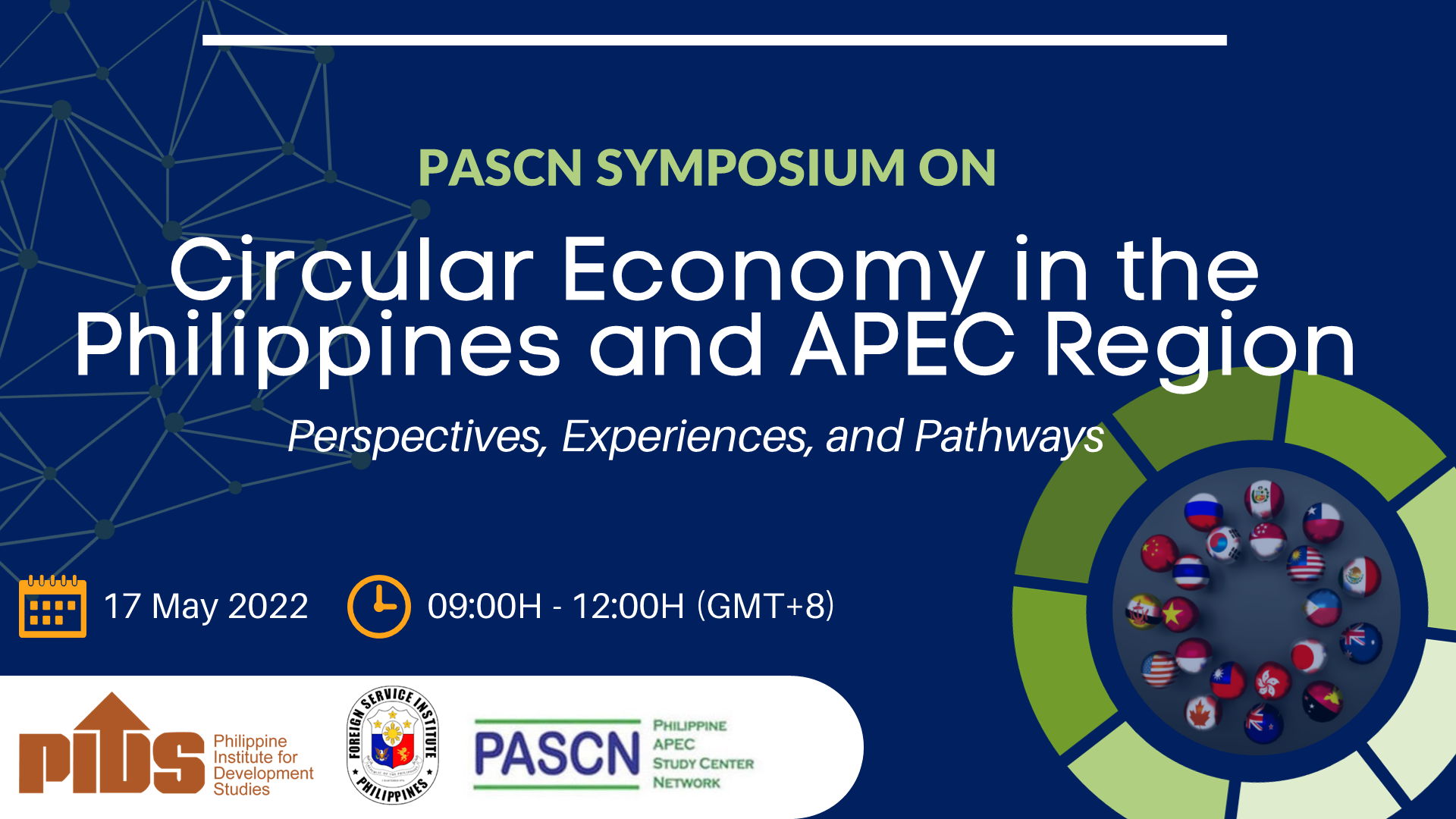Despite the presence of state-of-the-art facilities and use of high-tech equipment in nursing and maritime education institutions in other APEC economies, Philippine colleges and universities prove to have certain comparative advantages.
Thus concluded Dr. Veronica E. Ramirez, professor at the School of Education of the University of Asia and the Pacific, in her study with the Philippine APEC Study Center Network, whose lead convenor is the Philippine Institute for Development Studies. Dr. Ramirez?s study is titled ?Philippine Maritime and Nursing Education: Benchmarking With APEC Best Practices.?
Dr. Ramirez explained that the four-year curriculum for BS Nursing in the Philippines offers much more than what a skills-based program offered in other APEC educational institutions does because the former is a combination of competency-based and community-oriented courses. She noted that the two-year general program under such curriculum grounded in liberal arts strengthens the character and values of a person as a caregiver.
?Moreover, the medium of instruction in all local nursing institutions is English. Filipino nurses? skills, competence and confidence in the use of the English language does not only prepare them for international licensure examinations but also allows them to participate in research in nursing and other health sciences,? Ramirez added.
She maintained that the 3-1 bachelor?s degree program of local maritime schools, which consists of general education, specialization courses and one-year apprenticeship, is also an advantage.
?General education strengthens the character and values necessary for students who serve locally and internationally. The emphasis on discipline, hard work and team work are essential characteristics of servicemen in
Thus concluded Dr. Veronica E. Ramirez, professor at the School of Education of the University of Asia and the Pacific, in her study with the Philippine APEC Study Center Network, whose lead convenor is the Philippine Institute for Development Studies. Dr. Ramirez?s study is titled ?Philippine Maritime and Nursing Education: Benchmarking With APEC Best Practices.?
Dr. Ramirez explained that the four-year curriculum for BS Nursing in the Philippines offers much more than what a skills-based program offered in other APEC educational institutions does because the former is a combination of competency-based and community-oriented courses. She noted that the two-year general program under such curriculum grounded in liberal arts strengthens the character and values of a person as a caregiver.
?Moreover, the medium of instruction in all local nursing institutions is English. Filipino nurses? skills, competence and confidence in the use of the English language does not only prepare them for international licensure examinations but also allows them to participate in research in nursing and other health sciences,? Ramirez added.
She maintained that the 3-1 bachelor?s degree program of local maritime schools, which consists of general education, specialization courses and one-year apprenticeship, is also an advantage.
?General education strengthens the character and values necessary for students who serve locally and internationally. The emphasis on discipline, hard work and team work are essential characteristics of servicemen in












